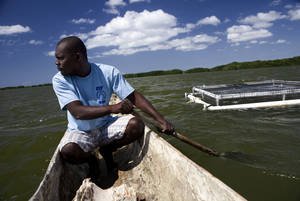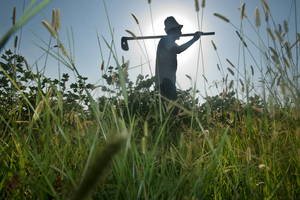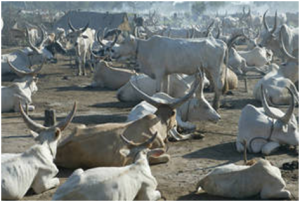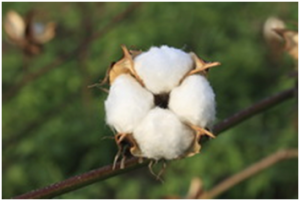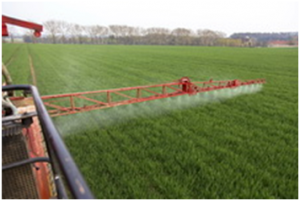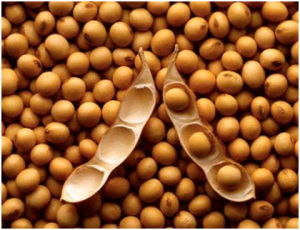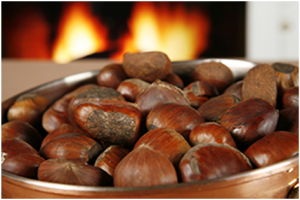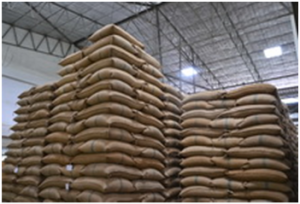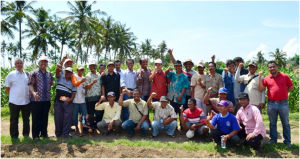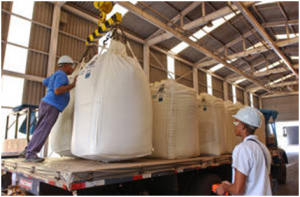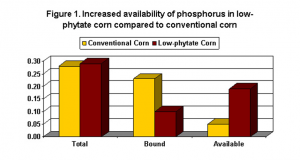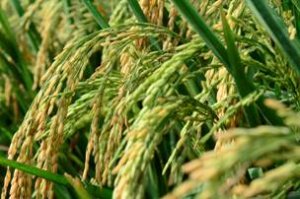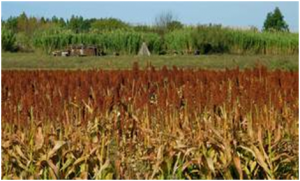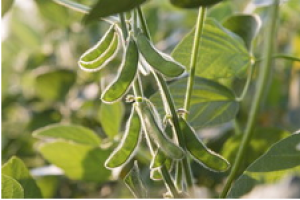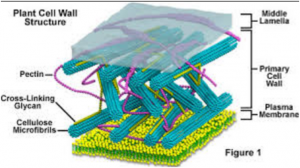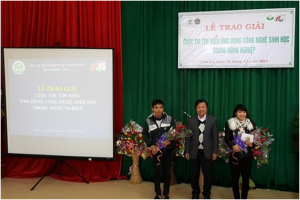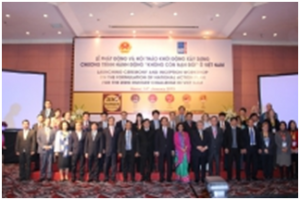|
Spotlight on crop diversity as icrisat`s genebank holds inaugural field day
Sunday, 2019/12/01 | 06:14:14
|
|
Figure: Dr Vania Azevedo, Head, Genebank, explains material conserved at ICRISAT during field day. Photo: PS Rao, ICRISAT
ICRISAT News
Cutting across disciplines of crop research, scientists gathered at ICRISAT to observe and evaluate germplasm material from its 40-year-old Genebank during a recently-organized field day.
A wide array of germplasm of pigeonpea, sorghum, groundnut, pearl millet and other millets including finger millet, were planted for demonstration. The material planted for the inaugural field day was representative of over 120,000 accessions at the Genebank, which has the world’s largest number of accessions of pigeonpea, groundnut, chickpea, sorghum and millets.
“I am here scouting for post-rainy sorghum. I am trying to find material with resistance to charcoal rot and shoot bug, besides tolerance to abiotic stresses,” said Dr Gowri Sajjanar of a research station in Vijayapura affiliated to University of Agricultural Sciences, Dharwad, Karnataka.
The visiting scientists were also keen on searching for lost landraces revered by the communities they work with.
“The bread that used to be made from some of the sorghum landraces in the location of my work is highly cherished. However, making bread of that kind, consumed by generations before mine, is not possible now as those landraces are not around,” said Dr J Jahagirdar from Sorghum Research Station in Parbhani, Maharashtra.
Dr Peter Carberry, Director General, ICRISAT, who inaugurated the field day proceedings, visited the germplasm demonstration fields. Referring to finger millet germplasm, he pointed to traits that help prevent birds from damaging the crop and remarked about the high quality of material planted. Dr Rajeev Varshney, Director for the Genetic Gains Research Program, noted that Genebank is an invaluable resource for crop scientists and breeders across the globe.
Genebank staff also helped ICRISAT scientists to observe planted material in order to identify germplasm that can benefit the institute’s crop improvement programs.
“The main purpose of the field day was generation and characterization of germplasm so that it is made available to all who can use it for crop improvement,” said Dr Vania Azevedo, Head, Genebank.
Dr Azevedo also explained how ICRISAT’s Genebank, which is supported by Crop Trust that also supports genebanks of other CGIAR institutions, prompted the setting up of regional genebanks in Africa when the need for collecting locally sourced material arose.
ICRISAT’s genebank is now doing a ‘gap analysis’ to strengthen collection in Africa and other regions. This year, collection is underway in Ghana, Burkina Faso, Niger, Nigeria and Kenya in partnership with NARS in the respective countries. Additionally, genetic material unique to ICRISAT’s regional genebanks in Africa are being sent to India for copying and conservation.
See https://www.icrisat.org/spotlight-on-crop-diversity-as-icrisats-genebank-holds-inaugural-field-day/ |
|
|
|
[ Other News ]___________________________________________________
|


 Curently online :
Curently online :
 Total visitors :
Total visitors :
(51).png)
